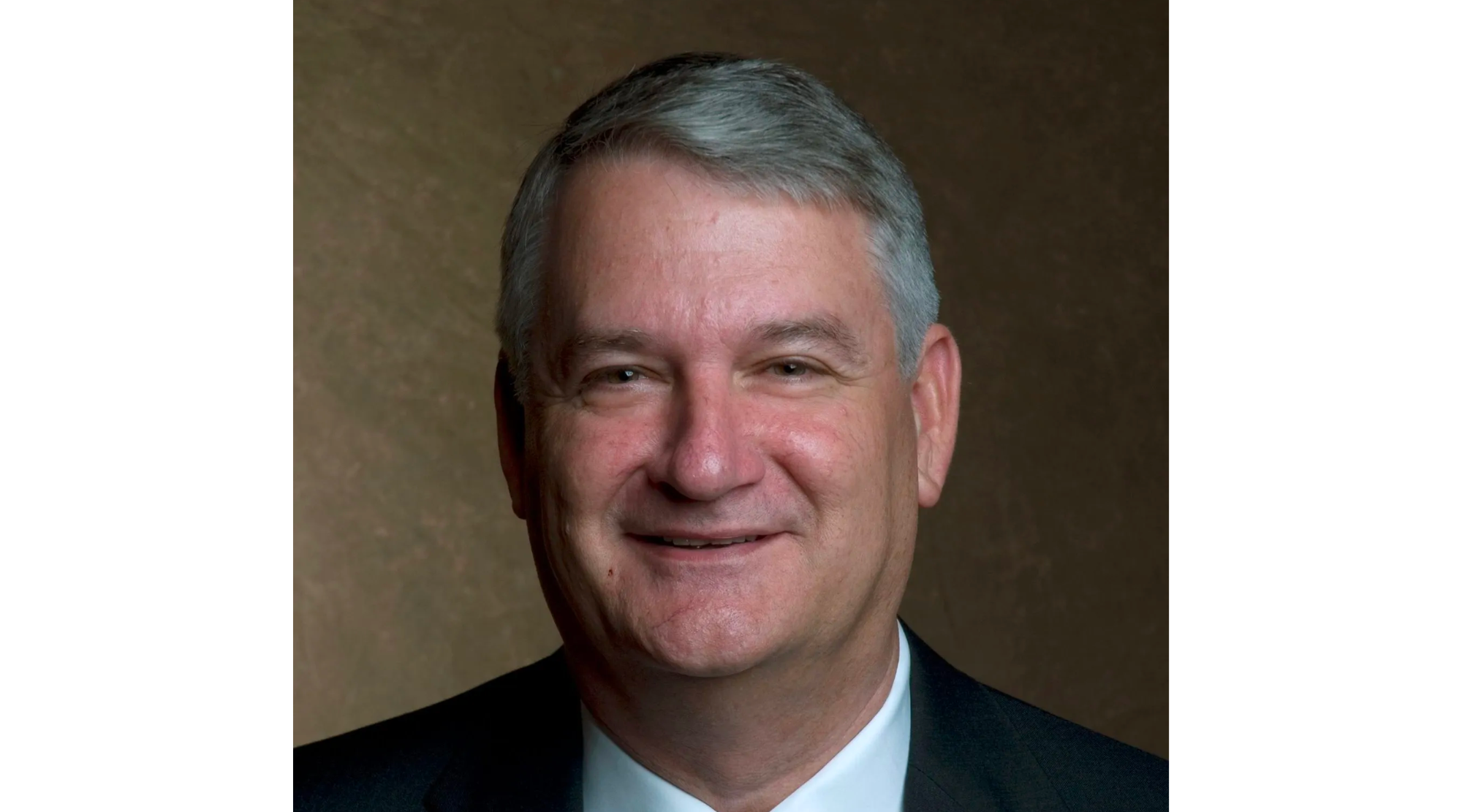“No es facil”- it’s not easy
Published 4:00 pm Tuesday, August 15, 2017
Cubans have a saying “No es facil” which means “it’s not easy”. Often they are talking about the challenges in their everyday lives. The saying could just as easily apply to the understanding of the relationship between the United States and Cuba. During our recent trip to Cuba, Mary Lou and I heard another phrase even more often; “It is what it is”.
We traveled to Cuba as part of an Educational and Cultural Outreach Program from Auburn University. The purpose was to examine the relationship between the United States and the Republic of Cub, gain a better understanding of the Cuban people, and to discuss ways that Auburn University might be able to play a role in the evolving connection between the two countries.
I went with an open political mind, realizing two things. First, my own understanding of American-Cuban relationship was rooted in the Cuban Missile Crises, an event of my childhood. Second, I really had not followed Cuba very much politically or otherwise in the past two decades. I was ignorant of the foreign country closest to where I live and this trip gave me an opportunity to change that fact.
While we visited some of the most notable tourist attractions in Havana and Cuba, our trip was focused on seeing how Cuban live. The Cuban people are industrious. They make 70 year old cars work with parts they have to make by hand. They work hard, some harder than I could ever imagine, to eke out a living that is below the standard afforded by public welfare in our country.
Cubans are proud of their country. I tried to engage people about their thoughts on Cuba and the United States. Many of them were educated and seemed curious about the United States. They pointed to their own free education as an example of Cuba’s success, while not appearing to be overly concerned that a university degree did not necessarily result in a higher standard of living.
Cuba’s free healthcare system was often held up as an example of Cuba’s system working. However, I could never quite reconcile the fact that a taxi driver might make as much as a heart specialist. As in our country, healthcare is a complicated issue.
The free market is slowly taking hold in Cuba. You can see the seeds being planted by entrepreneurs everywhere. However, you can sense the government’s role in controlling the growth of this free market experiment. For instance, restaurants for foreigners are often state owned. These restaurants are not only financially out of reach for the average citizen, Cubans are forbidden from even entering such establishments.
The experience of walking down streets that felt like third world countries only to walk through a door into a sleek, modern restaurant is not one I will soon forget. Yet I never felt unsafe, even where we were walking alone. At the same, there were small sections of high end shopping though they were geared more towards tourists than Cubans.
There is a low crime rate in Cuba, probably due to the fact there is not much of a drug culture and guns are prohibited. Of course, it also has to do with their own criminal justice system and the enforcement of their laws. There is no time-out in Cuba.
It was in the agricultural areas of Cuba that I most keenly felt the impact of the American embargo on Cuba. They farm with methods that were out of date when I was a small boy in rural Alabama. I could not help but think that a Southwest Georgia farmer could prepare more land in a morning than a Cuban farmer could do in a year.
Of course, the impact would be the same as it has been for rural American communities. There would be a loss of jobs. If the 160 acre model farm we visited that employs 27 people were suddenly transformed to Southwest Georgia, 26 of those employees would lose their job. Cuba cannot afford that in a society where everyone is promised work.
Therein lies the dilemma for Cuba’s future. Without fail, my discussions with educated Cubans resulted in a statement that the American embargo must end. Actually, like most Americans, I agree that the embargo should end. It is mired in a history that no longer exists and that the American people don’t understand.
However, the impact of opening the door to Cuba’s economy could result in such chaos to their system that the government could never shut the door again. The Communist could lose control and no longer have the Americans to blame.
Cuba. A beautiful country with an uncertain but potentially limitless future. During my incredible visit I learned what the average Cuban already knew; “No es facil” –- it’s not easy.


